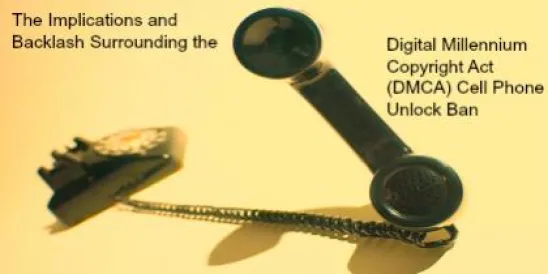On October 16, 2013, new Federal Communication Commission rules took effect to further protect consumers under the Telephone Consumer Protection Act of 1991 (TCPA). See 47 U.S.C. § 227; 47 C.F.R. § 64.1200. The changes ordered by the FCC are designed to protect consumers from unwanted autodialed or pre-recorded telemarketing calls, also known as “telemarketing robocalls.” The new TCPA rules accomplish four main things: (1) require prior written consent for all autodialed or pre-recorded telemarketing calls to wireless numbers and residential lines; (2) require mechanisms to be in place that allow consumers to opt out of future robocalls even if during the middle of a current robocall; (3) limit permissible abandoned calls on a per-calling campaign basis in order to discourage intrusive calling campaigns; and (4) exempt from TCPA requirements calls made to residential lines by health care related entities governed by the Health Insurance Portability and Accountability Act of 1996. None of the FCC’s actions change the requirements for prerecorded messages that are non-telemarketing, informational calls such as calls by or on behalf of tax-exempt organizations, calls for political purposes, and calls for other non-commercial purposes including those to people in emergency situations.
Under the FCC’s new rules, "prior written consent" will require two things: a clear and conspicuous disclosure that by providing consent the consumer will receive auto-dialed or prerecorded calls on behalf of a specific seller, and a clear an unambiguous acknowledgement that the consumer agrees to receive such calls at the mobile number. The content and form of consent may include an electronic or digital form of signature such as the FTC has recognized under the E-SIGN Act. See Electronic Signatures in Global and National Commerce Act, 15 U.S.C. § 7001 et seq. However, prior written consent may be terminated at any time. In addition, the written agreement must be obtained “without requiring, directly or indirectly, that the agreement be executed as a condition of purchasing any good or service.” 16 C.F.R. § 310.4(b)(v)(A)(ii).
Read the full rule here.






 />i
/>i

